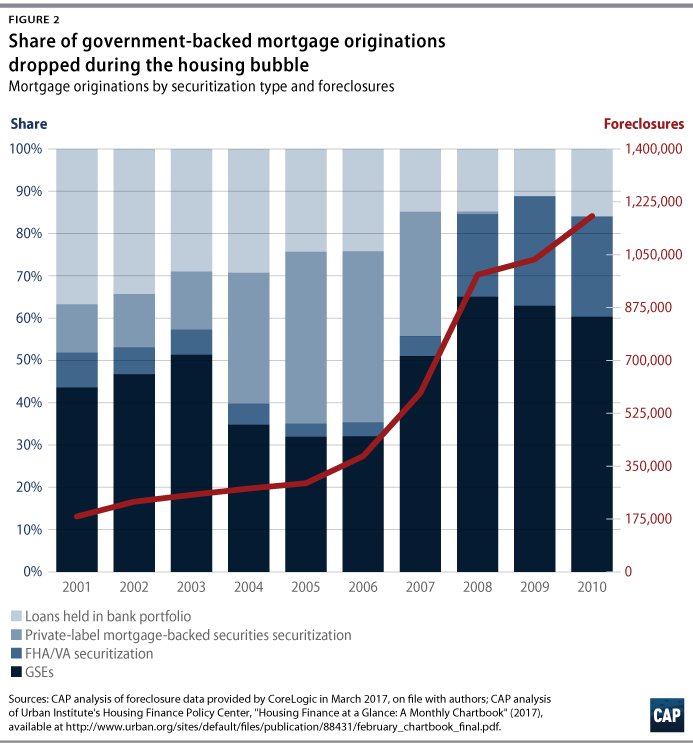It's good to see you backpedaling...again.

Please show us the sources and working links supporting your allegations. You cannot. They are fragments of your liberal imagination.
How many manufacturing jobs have been lost in the United States since 2000 due to outsourcing?
As manufacturing lost about five million jobs in two decades, the low-wage service sector gained almost 30 million jobs
The elimination of nearly five million manufacturing jobs between 1998 and 2019 was accompanied by explosive job growth in service industries—growth that accounted for all U.S. employment growth in the nonfarm economy in this period. Most of the manufacturing jobs were shed between 1998 and 2007,
Most of the manufacturing jobs were shed between 1998 and 2007,
Most of the manufacturing jobs were shed between 1998 and 2007,

Botched policy responses to globalization have decimated manufacturing employment with often overlooked costs for Black, Brown, and other workers of color: Investing in infrastructure and rebalancing trade can create good jobs for all
The mismanaged integration of the United States into the global economy has devastated U.S. manufacturing workers and their communities. Globalization of our economy, driven by unfair trade, failed trade and investment deals, and, most importantly, currency manipulation and systematic...
manufacturing job losses continued in the wake of the Great Recession (2007–2019).
Between 2001 and 2011 alone, the growth of the trade deficit with China displaced 958,800 jobs held by workers of color—representing 35.0% of total jobs displaced by the growing trade deficit with China. About three-fourths of jobs displaced were manufacturing jobs, which feature high pay and excellent benefits. As a result, in 2011 alone, those 958,800 workers of color displaced from higher-earning jobs in manufacturing and other traded industries into lower-earning jobs in nontraded industries earned $10,485 less in annual wages, which translates into a total loss of $10.1 billion per year.



